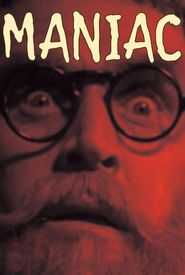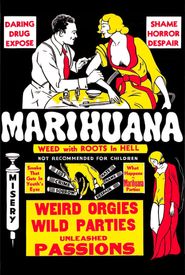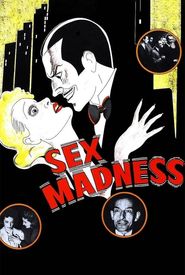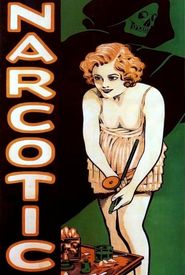Dwain Esper was a filmmaker who thrived in the underground world of exploitation cinema during the 1930s. Born in Washington state in October 1893, Esper's background was in the carnival circuit as a barker before he entered the film industry. He received a film lab as part of a settlement and had the revelation that films could run uncomplainingly every time they were reeled up, unlike human talent.
Esper and his wife, Hildegarde Stadie, moved to Los Angeles and plunged into the world of exploitation filmmaking, making films that were often masquerading as "education films" but were actually pure sleaze. These films played in grind-house theaters and tent screenings, operating outside the influence of the Hays Code, which prohibited depictions of certain topics.
Esper's first feature film, Narcotic (1933),was a loosely fictionalized account of his wife's uncle's descent into drug addiction. It showcased his signature style, including stertorous dialogue, abrupt cutaways, and a narrative that was often incomprehensible.
His next feature film, Maniac (1934),was a criminally perverse adaptation of Edgar Allan Poe's "The Black Cat," involving grave robbing, murder, and topless female nudity. Esper continued directing and exhibiting films until the late 1940s, even re-releasing films like Tod Browning's Freaks (1932) on the exploitation circuit.
Esper was known for his charisma and ability to charm people into not suing him, even swindling friends and enemies alike for a quick dollar. He ran afoul of the law numerous times for obscenity charges but was never tried or convicted due to his charm or luck.
While his drug hysteria films like Marihuana became popular midnight movie fare in the 1960s, little is known about his later years. He sold his studio and production company in 1948 and retired from filmmaking, living the rest of his life out of the spotlight. He died on October 18, 1982, at the age of 89.



























